Latest Doctoral Academy News
-
 18 February 2026
18 February 2026AHRC Doctoral Focal Award: Lles, Creative Writing and Ecologies of Place in Collective Practice -fully funded studentship
-
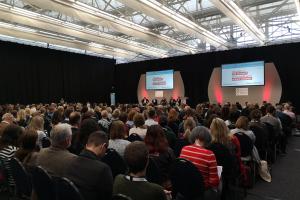 11 February 2026
11 February 2026CoSE PGR Conference Skills training event
-
 3 February 2026
3 February 2026Future AI Conference, 2026
-
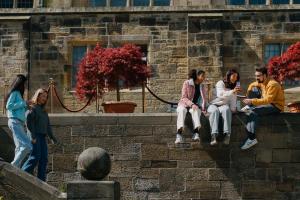 19 January 2026
19 January 2026Open Innovation Team PhD Placement Scheme 2026-27
-
 14 January 2026
14 January 2026Turing Internship Network - New Paid PhD Internship Opportunities!
-
 18 December 2025
18 December 2025Bangor University 1884 Journal: CAHSS Conference Special Edition
-
 21 November 2025
21 November 2025BFWG- British Federation of Women Graduates North West Travel Bursary
-
16 October 2025
International Science Partnerships Fund (ISPF) Institutional Support Grant
-
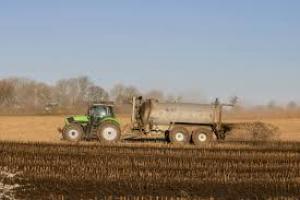 7 October 2025
7 October 2025Welsh Gov PhD Placement: Assessing data availability to improve decision making on agricultural pollution
-
 2 October 2025
2 October 2025Wartski Travel Fund 2025/26
-
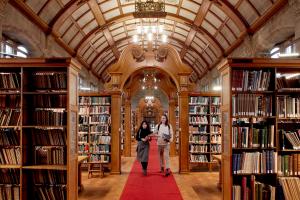 29 September 2025
29 September 2025Winter 2025 funding: Laura Bassi Scholarship
-
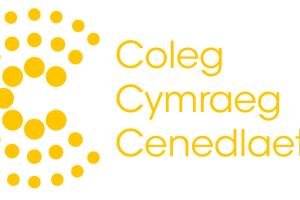 10 September 2025
10 September 2025Postgraduate Research Skills Training
Research News
-
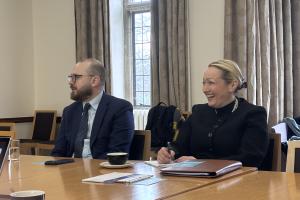 23 February 2026
23 February 2026Cabinet Secretary visits University to discuss regional opportunities
-
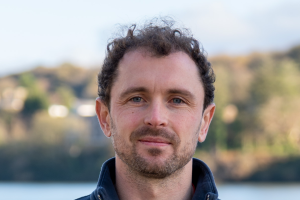 10 February 2026
10 February 2026Bangor University researcher announced as finalist in Blavatnik Awards for Young Scientists
-
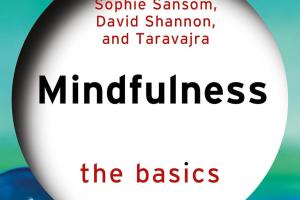 12 December 2025
12 December 2025New book explores how mindfulness can help people live and work with greater meaning in today’s fast-moving world
-
 1 December 2025
1 December 2025A decade on, Wales’ opt-out organ donation law shows little impact, researchers say
-
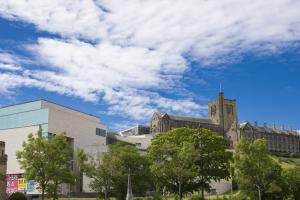 12 November 2025
12 November 2025Bangor University researchers listed among worldwide top 1%
-
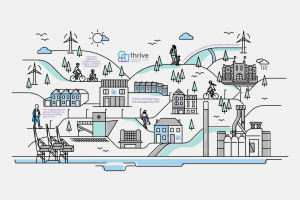 15 October 2025
15 October 2025New study highlights urgent need for action on domestic abuse in Port Talbot
-
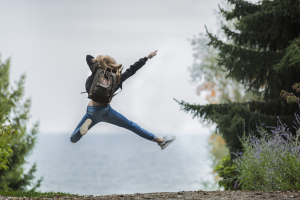 10 October 2025
10 October 2025Always look on the bright side of academic life: Study examines how joy is found in academia
-
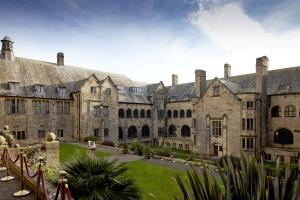 1 October 2025
1 October 2025Health and Care Research Wales announces latest round of funding awards
-
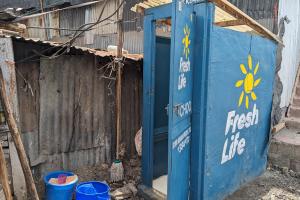 25 September 2025
25 September 2025New study highlights benefits of container-based sanitation in informal settlements
-
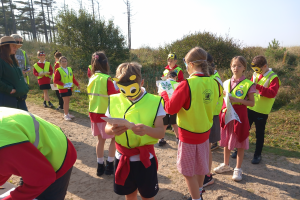 16 September 2025
16 September 2025Major new funding for Anglesey Green Transition Project
-
16 September 2025
New study sheds light on impact of stress on baby lizards
-
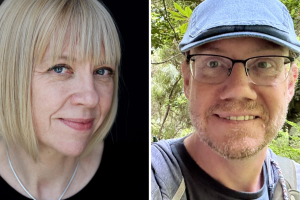 4 September 2025
4 September 2025Bangor University academics appointed to REF 2029 sub-panels
